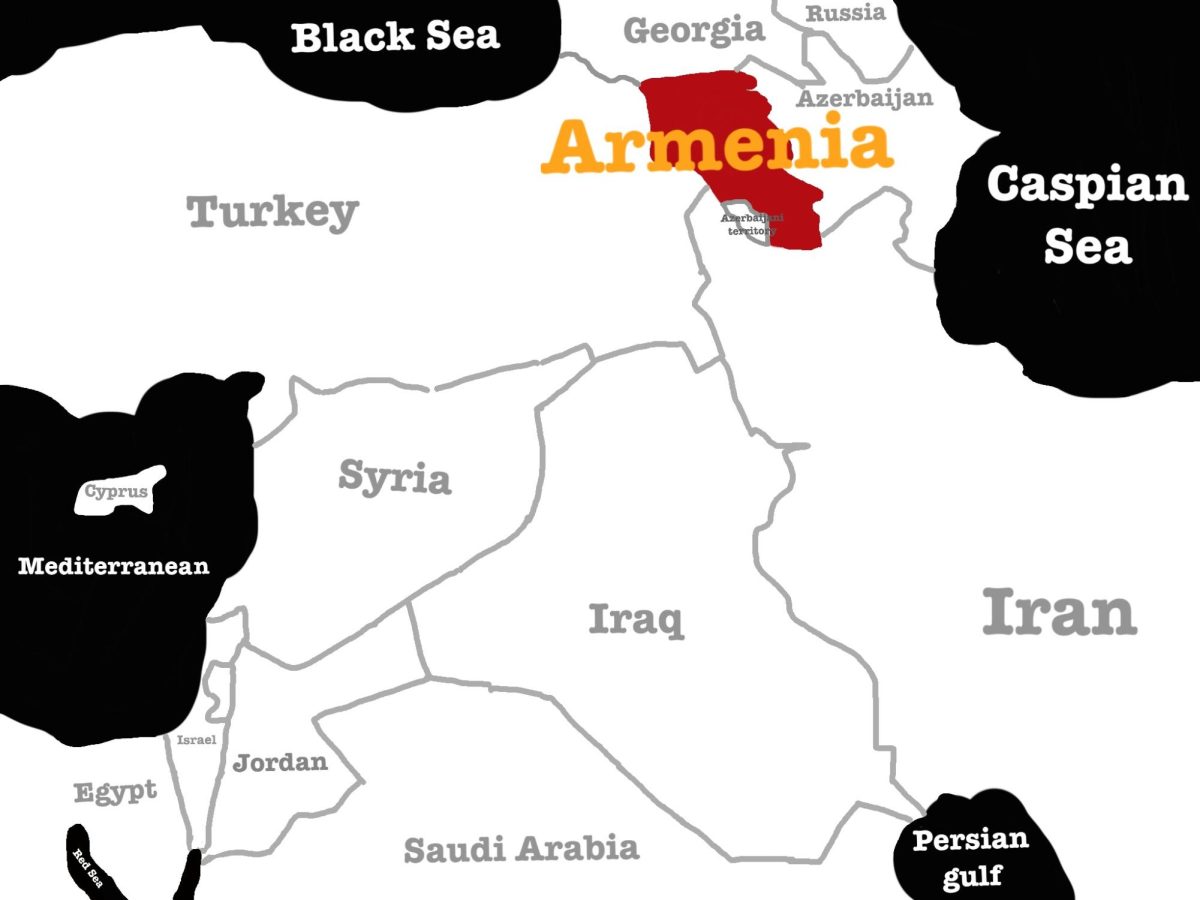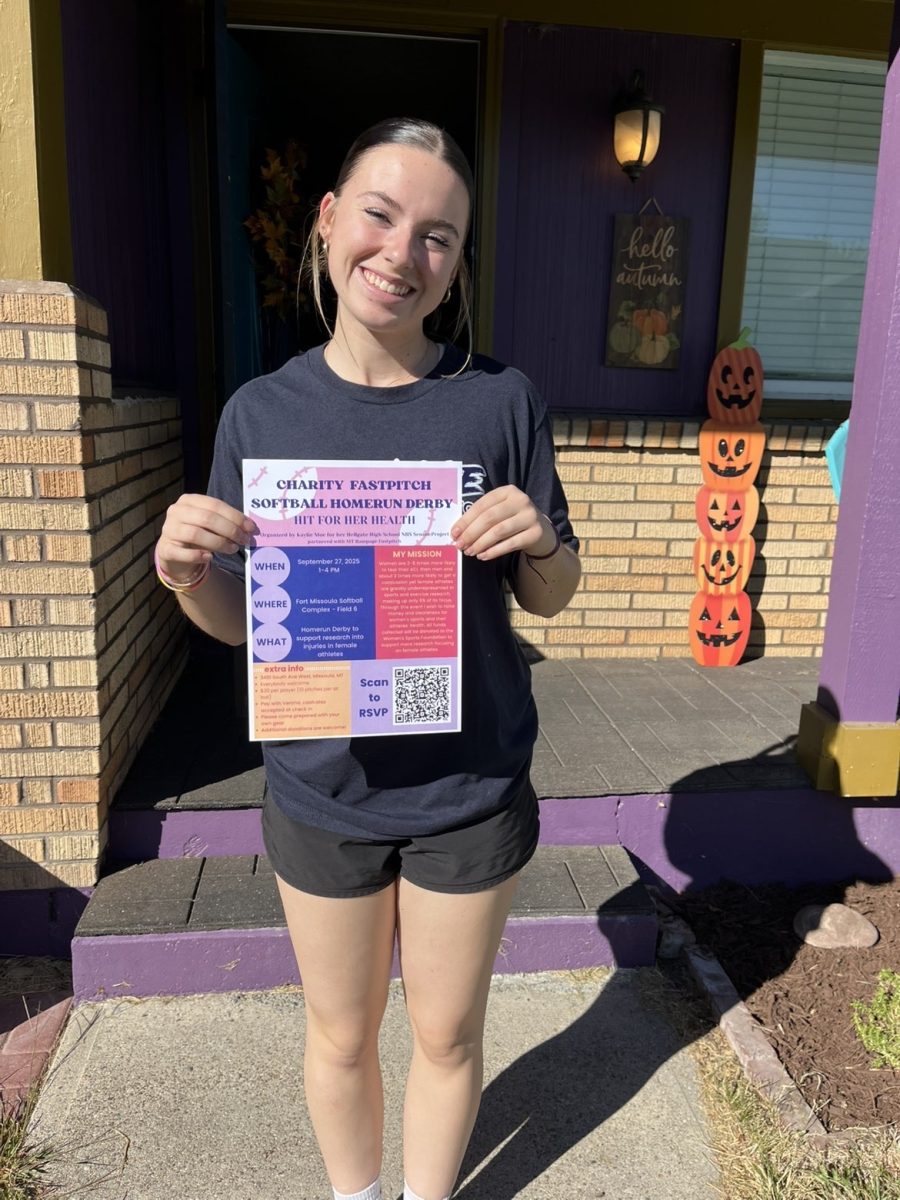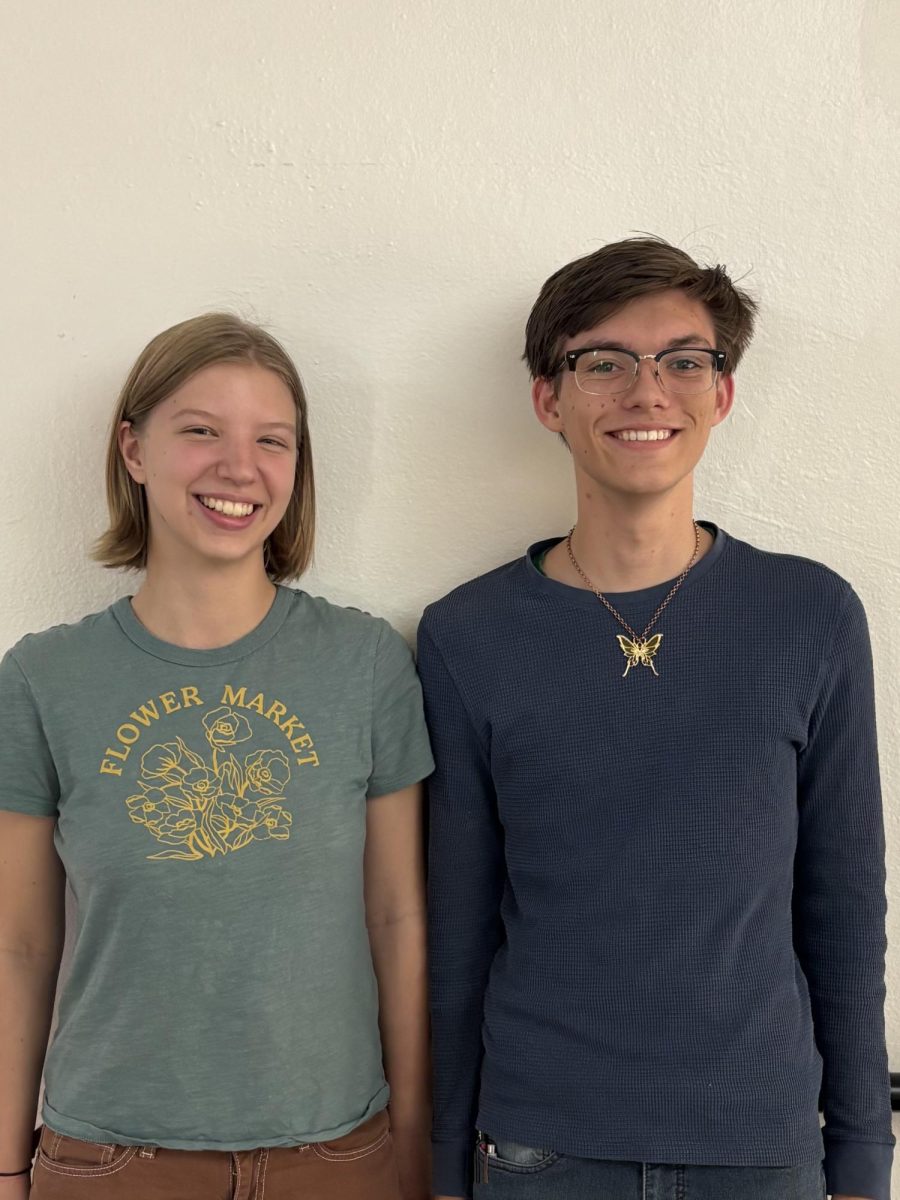Armenia is a tiny country in the Caucasus mountains. It is home to about three million people, and has a fascinating history. Yet despite this, it is possibly one of the least well known nations outside of the Pacific, and its tragic history reflects this fact. For example according to the Armenian National Committee of America, just 35% of Americans are even aware of theArmenian genocide, one of the worst attrocities of World War One, that killed around a million people. This event alone probably annihilated about half of the total population of Armenia at the time. It occurred in 1915-16, when the Ottoman empire, believing the Armenian people to be sympathetic towards their enemies, carried out a controlled massacre of over half of the Armenian people. This event was not only devastating towards their current population, but also stunted population growth for most of their history since. Yet today many nations, including Turkey (the legal successor to the Ottomans), do not recognize the event as a genocide or, in some cases, even happening. In fact the United States only recognized the genocide as late as 2019. Thus this small and relatively peaceful near Eastern nation is forced to live with the effects of a tragedy that has little global recognition.
Despite their current independent status and its history of suppression, there are still many Armenians without equal rights. Armenia’s LGBTQIA+ community faces significant challenges in their homeland. After the collapse of the Soviet Union, Armenia’s historical outlawing of male homosexuality was lifted, and now relationships in themselves are completely legal. That being said, they have yet to legalize adoption, or recognize marraige for same-sex couples. Part of the reasoning behind this is the fact that over 92% of Armenians belong to the Armenian Apostical Church, which recognizes homosexuality as a sin, although some high ranking members of the church such as Vazken Movsesian have expresed their support for gay marriage. Movsesian linked the Armenian Anti LGBT laws to the historic Ottoman persecution of Armenians.
All that being said, in some cases Armenia has shown remarkable liberalism for a nation in its region. Abortion is legal up to 12 weeks on request, and it has close ties with Europe despite geographic distance, being one of the few nations outside of the continent that has been accepted as a member on both the Council of Europe, and Organisation for Security and Cooperation in Europe (OSCE). It also maintains tense relations with both Turkey and its close neighbor Azerbaijan.
According to Emma Puiggari, a Hellgate junior, there are several aspects of Armenia that she finds interesting. First and foremost, she wanted to know whether it is safe, to which the answer is, partially. With the Department of State issuing in a travel advisory that visitors use increased levels of caution while in certain areas. She also remarked that she is sad and feels bad for the Armenian people in relation to the aforementioned genocide. But although she would probably visit, she would not consider it as a place to live.







